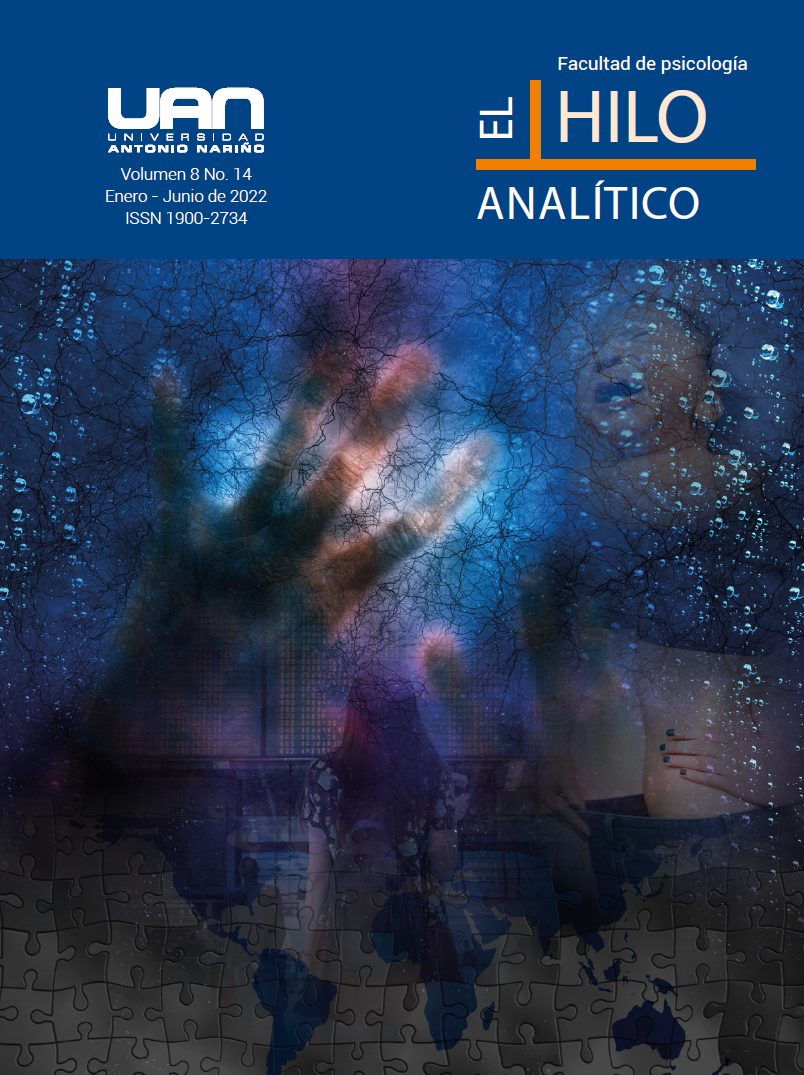Lengua de Señas Colombiana y Educación Superior: Incidencias en las habilidades sociales de personas no oyentes en el siglo XXI.
Keywords:
Social skills, colombian sign language, deaf people, inclusion, higher educationAbstract
The problems in the social skills and mental health of deaf people in Colombia are increasing every day, which has led to identifying the incidents that are occurring in their communication, social interaction and teamwork, so that, according to the results and recommendations, raise awareness about the importance of inclusion in higher education for deaf people, aiming to improve their physical, emotional and mental well-being. Therefore, the present research aims to analyze the current state of research on the implementation of Colombian Sign Language in higher education as an inclusion strategy and the impact on the social skills of non-hearing people throughout the century XXI. From a documentary review, with a quantitative approach, descriptive scope and empirical-analytical epistemological. A total of 39 negative incidents were found in the communication skills of deaf people and 11 with positive incidences. In interaction skills, 44 investigations with negative incidences and 9 with positive incidences were found. For teamwork skills, 38 publications with negative incidences and 5 with positive incidences. The city of Bogotá is the one that refers the most research on the social skills of deaf people who use the Colombian sign language in the last century, according to the results obtained.
Downloads
References
Barreto, A., y Amores, S. (2012). El uso del software de transcripción lingüística ELAN en el análisis de la interpretación de lengua de señas colombiana en el contexto universitario. Mutatis Mutandis. Revista Latinoamericana de Traducción, 5(2), 295-319. https://revistas.udea.edu.co/index.php/mutatismutandis/article/view/13066.
Cardona, L., y Henao, C. (2014). Significado de inclusión educativa de los estudiantes sordos de la Universidad Tecnológica Pereira. https://repositorioslatinoamericanos.uchile.cl/handle/2250/141911
Hernández, R., Fernández, C., y Baptista, M. (2014). Metodología de la investigación. Mcgraw-hill. http://observatorio.epacartagena.gov.co/wp-content/uploads/2017/08/metodologia-de-la-investigacion-sexta edicion.compressed.pdf
Ochoa, L., Gómez, A., y Osorno, M. (2014). Evaluación de un programa de acompañamiento en los procesos de lectura y escritura a estudiantes sordos. Entornos, 26(2), 171-179. https://journalusco.edu.co/index.php/entornos/article/view/482.
Sosa, C. (2006). La revisión documental. Emuded.net. https://www.eumed.net/tesis doctorales/2006/ssc/2l.htm
Published
-
Abstract476
How to Cite
Issue
Section
License
Copyright (c) 2022 Kathleen Daniela Gomez Zapata

This work is licensed under a Creative Commons Attribution-NonCommercial-ShareAlike 4.0 International License.


 Portal de Ciencia Abierta
Portal de Ciencia Abierta